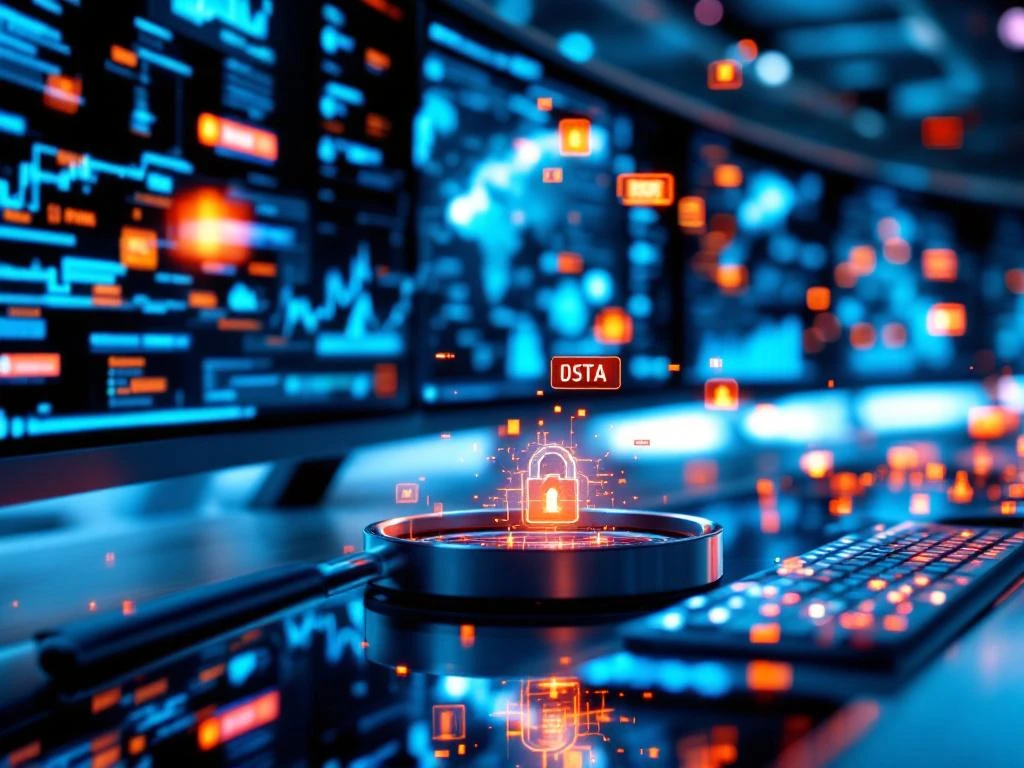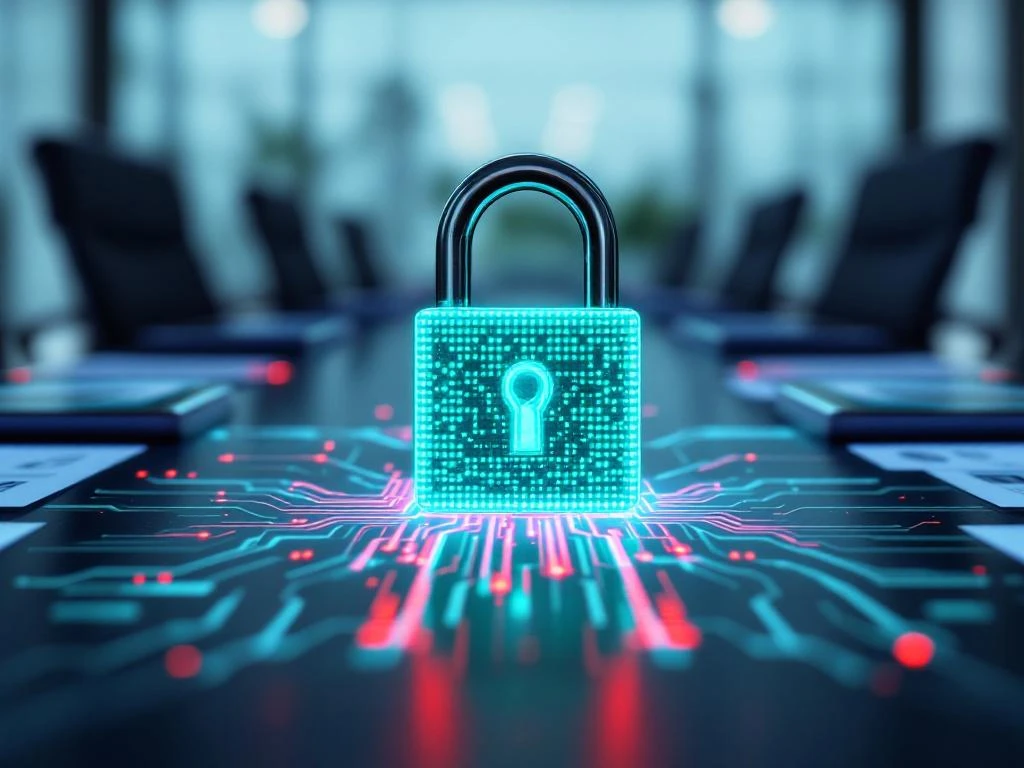Texas has become a cybersecurity battleground. The state’s tech hubs are expanding at breakneck speed, bringing both incredible opportunities and serious security challenges. As companies grow and handle more sensitive data, they need specialists who can investigate cyber incidents, recover digital evidence, and support legal proceedings.
Digital forensics professionals are the detectives of the cyber world. They dig deep into compromised systems, trace attack paths, and preserve evidence that holds up in court. But finding qualified candidates in Texas’s competitive market requires understanding exactly what makes these professionals unique and where to look for them.
This guide walks you through the growing demand for digital forensics talent in Texas, explains what sets these specialists apart from general cybersecurity professionals, shows you where to find qualified candidates, and gives you practical interview techniques to evaluate their expertise.
Why Texas tech hubs need digital forensics talent
Texas tech companies face a perfect storm of cybersecurity challenges that create urgent demand for specialized forensics expertise:
- Diverse industry targets – The state hosts major financial institutions, energy companies, and government agencies alongside rapidly growing SaaS startups, each presenting unique attack surfaces that criminals actively target
- Explosive data volumes – Business Email Compromise (BEC) attacks alone generate massive amounts of data requiring specialized forensic analysis, while cloud environments scatter evidence across multiple platforms and jurisdictions
- Regulatory compliance requirements – Industries like banking and energy must demonstrate thorough incident response capabilities to regulators and customers
- Sophisticated attack evolution – Modern threats require professionals who can reconstruct complex attack chains and preserve evidence for potential legal action
- Geographic concentration of risk – Austin’s tech boom, Dallas’s financial hub status, and Houston’s energy sector each face targeted threats from different adversary groups
These converging factors create a landscape where traditional cybersecurity teams excel at monitoring and prevention, but companies desperately need specialists who can respond effectively when breaches occur. The ability to quickly understand what happened, identify the scope of compromise, and maintain evidence integrity has become a competitive necessity rather than a luxury in Texas’s rapidly evolving tech ecosystem.
What makes digital forensics professionals different from cybersecurity generalists
Digital forensics specialists operate with a fundamentally different mindset than other cybersecurity professionals. While security engineers focus on building defenses and analysts monitor for threats, forensics experts work backwards from evidence to understand what happened.
Several key differentiators set these professionals apart from general cybersecurity talent:
- Evidence preservation methodology – They create forensically sound copies of hard drives, memory dumps, and network logs without altering original data, understanding file systems at granular levels to recover deleted files and trace user activities
- Legal framework knowledge – Deep understanding of chain of custody requirements, rules of evidence, and court proceeding documentation, with ability to explain complex technical concepts to legal professionals
- Investigative rigor – Every action must be documented, every tool validated, and every conclusion supported by evidence, following strict protocols that differ from rapid response approaches
- Cloud forensics specialization – Hands-on experience with cloud-specific forensic tools and understanding of how different providers handle data retention and access requests across multiple platforms
- High-pressure communication skills – Regular presentation of findings to executives, legal teams, and law enforcement while translating technical discoveries into business impact and legal implications
These professionals must maintain exceptional accuracy and attention to detail even under intense time pressure with significant legal and financial consequences. This unique combination of technical expertise, legal knowledge, and communication ability creates a specialized skill set that traditional cybersecurity training rarely develops comprehensively.
Where to find qualified digital forensics candidates in Texas
Texas offers multiple talent pipelines for digital forensics professionals, but success requires knowing where to look and how to approach each source effectively:
- Academic programs – University of Texas at San Antonio’s cybersecurity program, Texas A&M’s engineering school forensics courses, and Sam Houston State’s dedicated digital forensics degree program produce qualified graduates
- Professional associations – High Technology Crime Investigation Association (HTCIA) chapters in Dallas, Houston, and Austin, plus International Association of Computer Investigative Specialists (IACIS) provide excellent networking opportunities
- Industry conferences – Texas Association of Computer Crime Investigators annual meetings and regional RSA Conference events attract both seasoned professionals and newcomers
- Consulting firm talent – Many qualified candidates work for managed service providers but seek opportunities for diverse forensic tool access and project autonomy
- Law enforcement transitions – FBI field offices, Texas Department of Public Safety, and major city police departments develop strong talent that often transitions to private sector roles
- Vendor ecosystem professionals – Companies like Cellebrite, Guidance Software, and AccessData employ forensics consultants with broad experience across multiple tools and industries
- Remote talent pools – Expanded geographic reach allows access to forensics professionals throughout Texas, helping smaller companies compete against major corporations
The key to successful recruitment lies in understanding that many top candidates aren’t actively job searching but will consider opportunities that offer better technology access, professional development, or work-life balance. Building relationships within professional associations and maintaining visibility at industry events often proves more effective than traditional job postings for this specialized talent pool.
How to evaluate digital forensics expertise during interviews
Assessing digital forensics candidates requires a multi-faceted approach that goes beyond standard technical interviews to evaluate the unique combination of skills these professionals need:
- Hands-on technical assessment – Present actual forensic images or log files and observe their systematic analysis approach, tool usage, and evidence preservation principles
- Tool knowledge evaluation – Focus on understanding underlying principles rather than memorized procedures, asking why they choose specific tools and their limitations
- Case study discussions – Have candidates describe complex investigations, focusing on challenges encountered, solutions implemented, and communication of findings
- Legal knowledge verification – Test understanding of chain of custody requirements, documentation procedures, and experience working with legal teams or law enforcement
- Problem-solving scenarios – Present hypothetical situations like corrupted evidence or conflicting timelines to assess systematic verification approaches
- Communication skills testing – Ask candidates to explain technical findings as if speaking to non-technical executives or lawyers
- Cloud forensics experience – Evaluate experience with different cloud platforms, shared responsibility models, and cloud-specific forensic challenges
- Tool adaptability assessment – Determine ability to work across multiple platforms and learn new technologies quickly in evolving threat landscapes
The most effective evaluation combines technical competency with practical experience and communication ability. Strong candidates demonstrate not just what they know, but how they apply knowledge under pressure while maintaining the rigorous documentation and evidence handling standards that separate forensics work from general cybersecurity tasks.
Finding the right digital forensics professional for your Texas organization requires understanding both the unique demands of the role and the evolving talent landscape. These specialists bring a combination of technical expertise, legal knowledge, and investigative skills that standard cybersecurity professionals typically don’t possess.
The key lies in looking beyond traditional recruitment channels and focusing on candidates’ practical experience rather than just technical knowledge. With Texas’s tech sector continuing to expand and cyber threats growing more sophisticated, investing in quality digital forensics talent will pay dividends when incidents occur.
If you’re struggling to find qualified digital forensics professionals in Texas’s competitive market, we understand the challenges. Our specialized recruitment approach connects you with candidates who have the right combination of technical skills, legal knowledge, and practical experience to handle complex investigations in your industry.
















